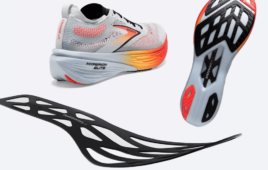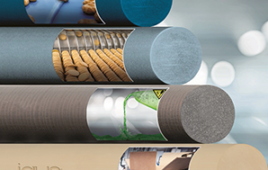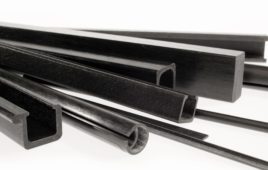Sheffield, MA‚—In recent years, energy-saving MAKROLON‚® Multi-Wall UV Sheet, a product of Sheffield Plastics Inc., A Bayer MaterialScience Company, has contributed significantly to the reduction of CO2 emissions. Beginning with MAKROLON Multi-Wall UV Sheet‚’s market introduction in Europe some three years ago, about two million square meters of roofing surfaces have been covered.

When compared to standard products, the use of MAKROLON Multi-Wall UV Sheet since 2003 has reduced European emissions of the greenhouse gas carbon dioxide by roughly 65,000 tons, which corresponds to several million square meters of roofing surface. About half of the current offering of MAKROLON Multi-Wall UV Sheets is less than three years old. This innovation serves the interest of both the market and the customers.
Builders, planners, and architects from the private and industrial construction sectors above all appreciate the heat-reduction properties of MAKROLON Multi-Wall UV Sheet, in addition to its low weight and excellent flexibility. In contrast to standard sheets of the same thickness, this product results in energy savings of up to 25 percent. This savings corresponds to roughly five liters of heating oil, or 5.5 cubic meters of heating gas (gaseous) per square meter per annum.
Because of the strong demand for wall sheet products for energy-saving construction, MAKROLON Multi-Wall UV Sheet commands top billing as energy conserver. The uniquely Y-shaped sheets win users over with their thinness and outstanding heat-resistant properties.
The product portfolio is rounded out with the 5X structural sheet in thicknesses of 25mm, 32mm and 40mm available for private construction, as well as translucent, heat-resistant versions of the product family. Compared to commercially available standard sheets, they reduce heat levels in the interiors by up to 50 percent (relative to the total degree of energy penetration), while still maintaining the same level of high exposure to light.
::Design World::
Filed Under: Green engineering • renewable energy • sustainability, Materials • advanced





Tell Us What You Think!